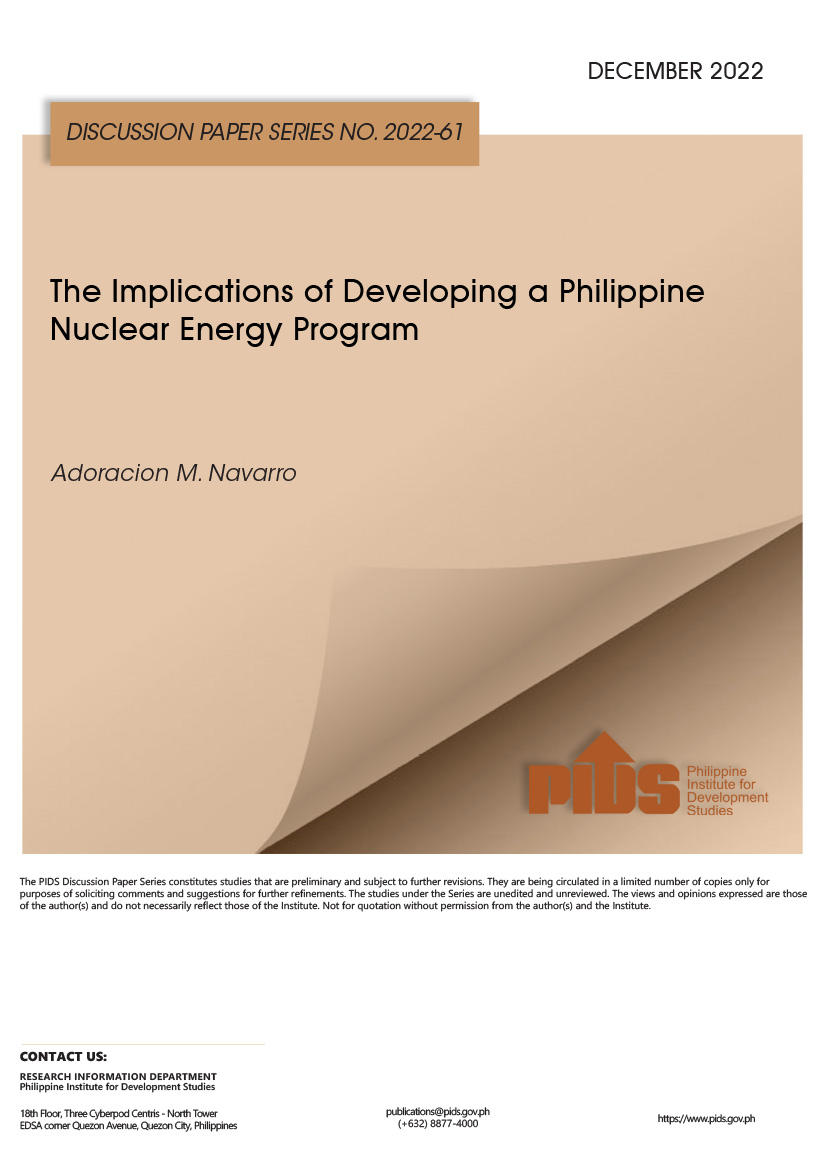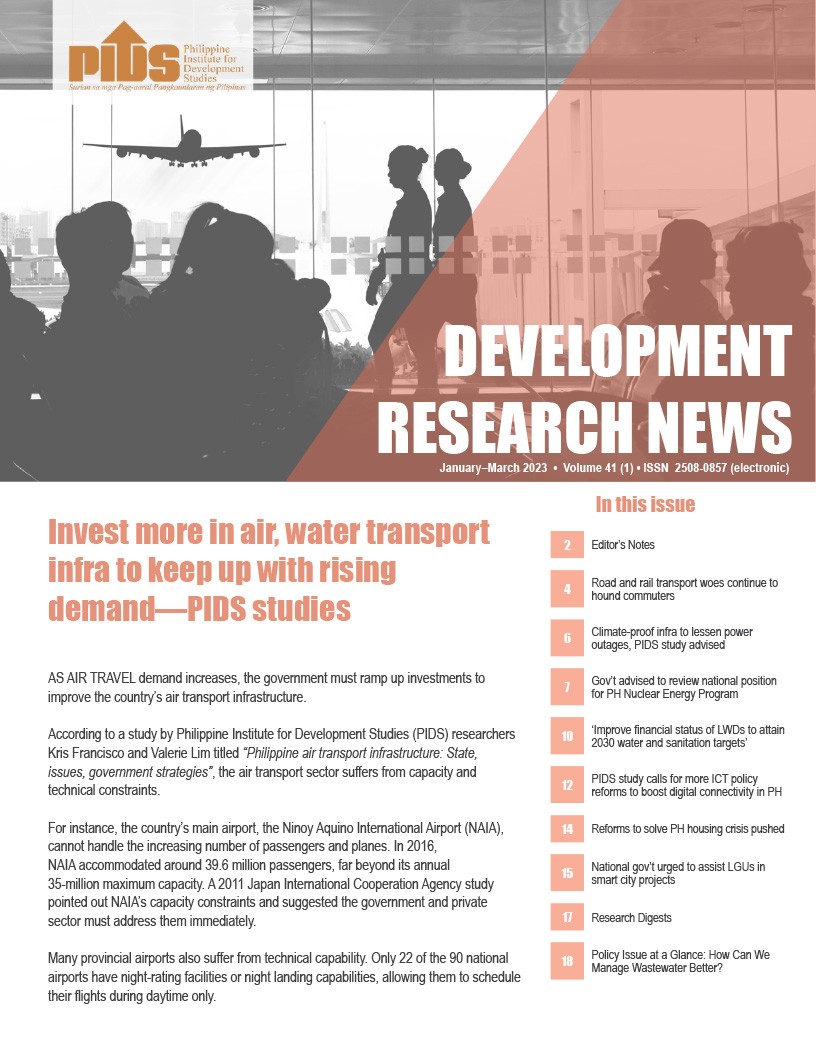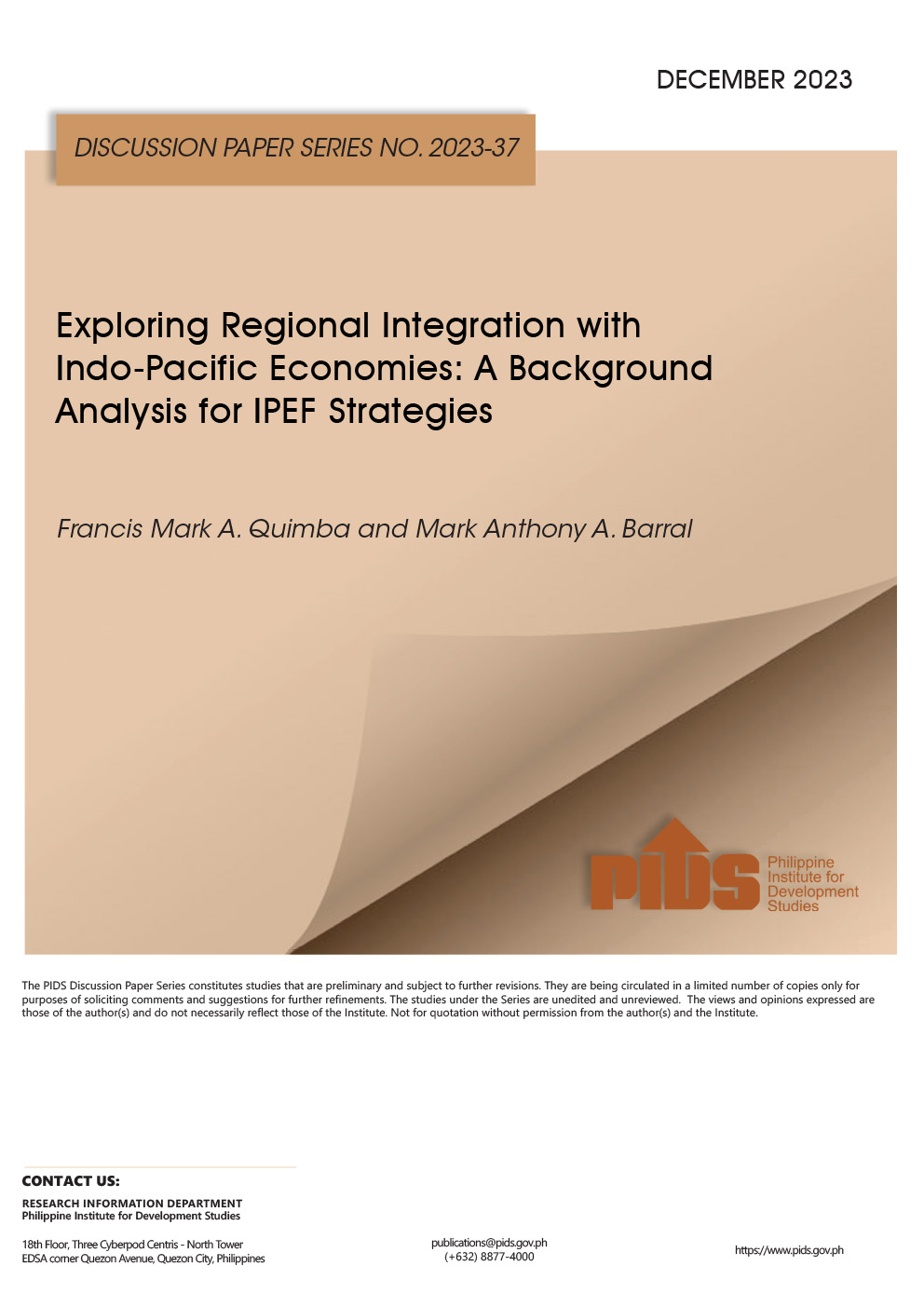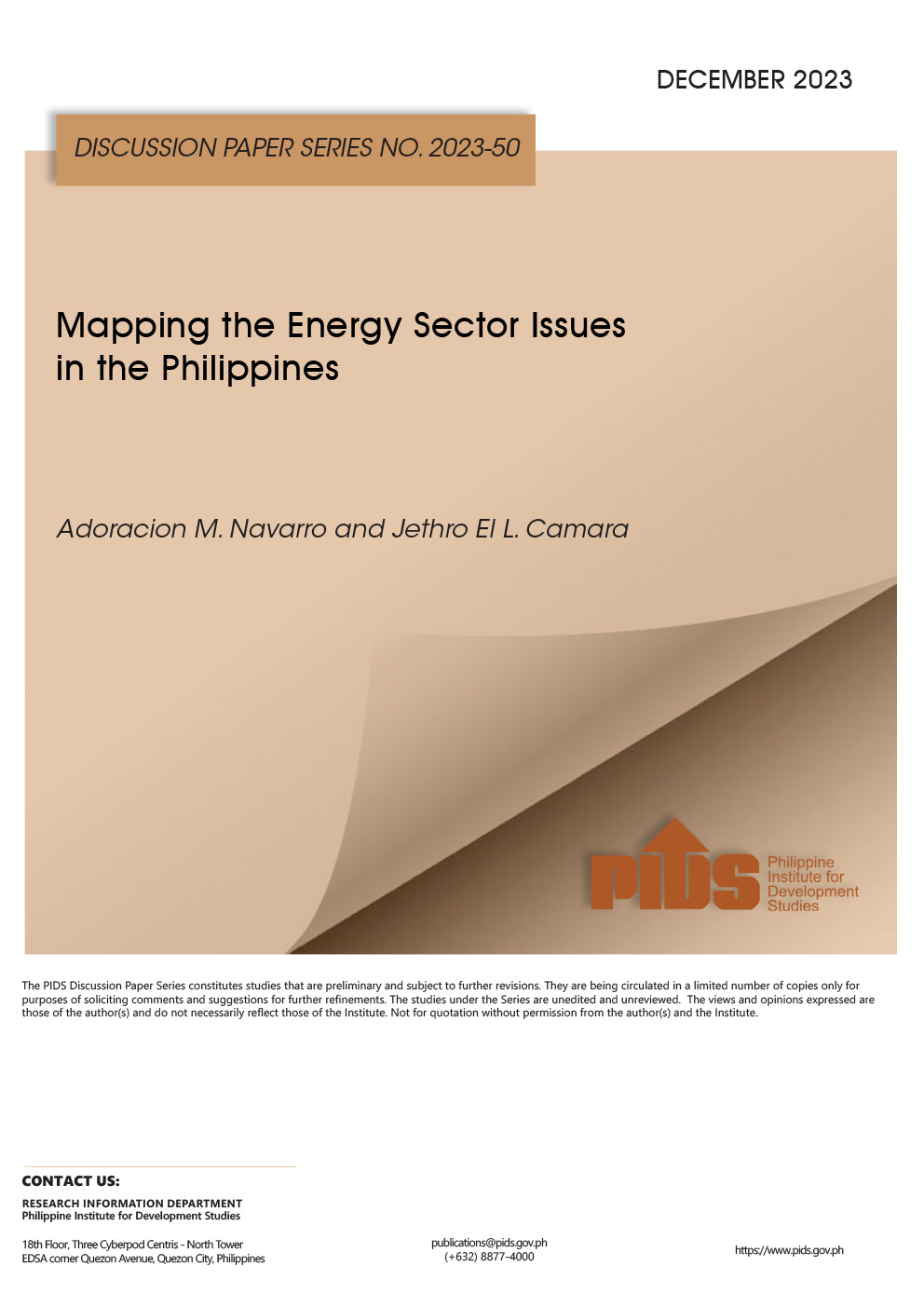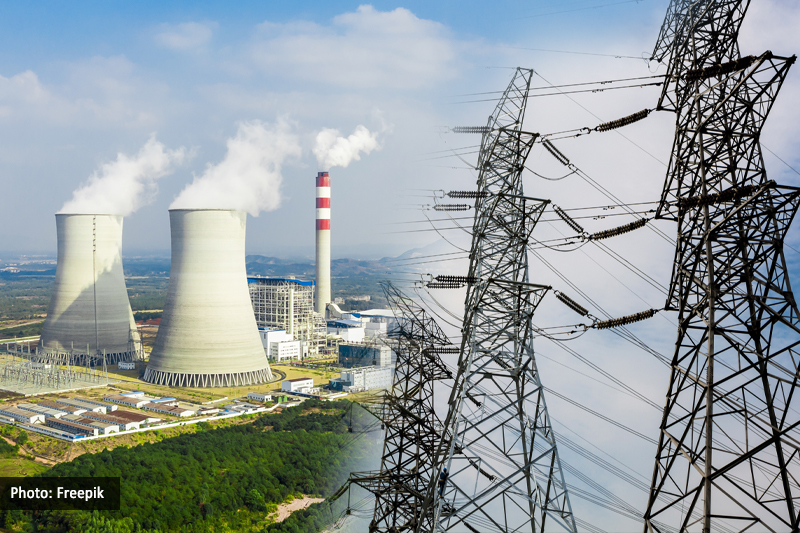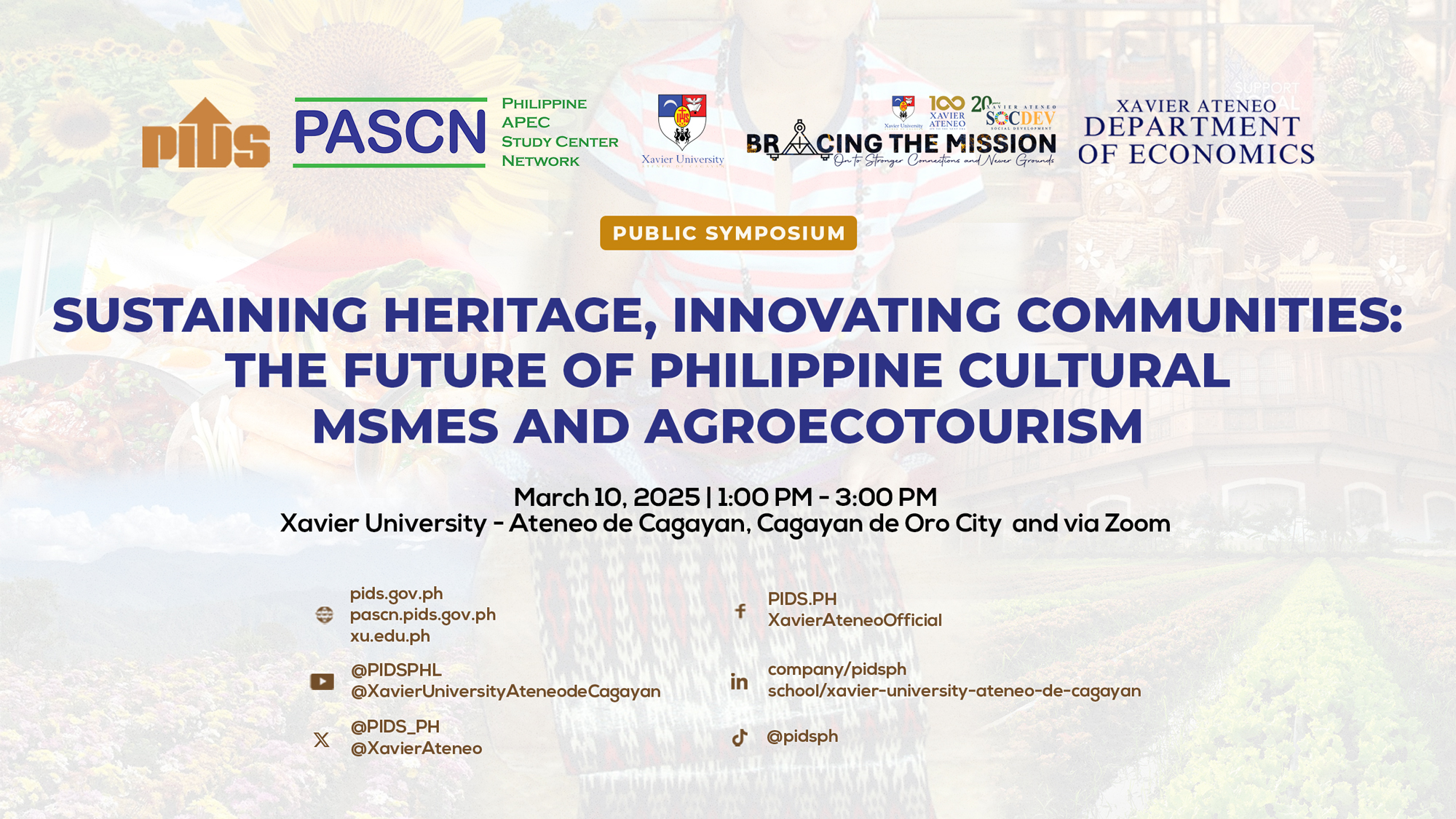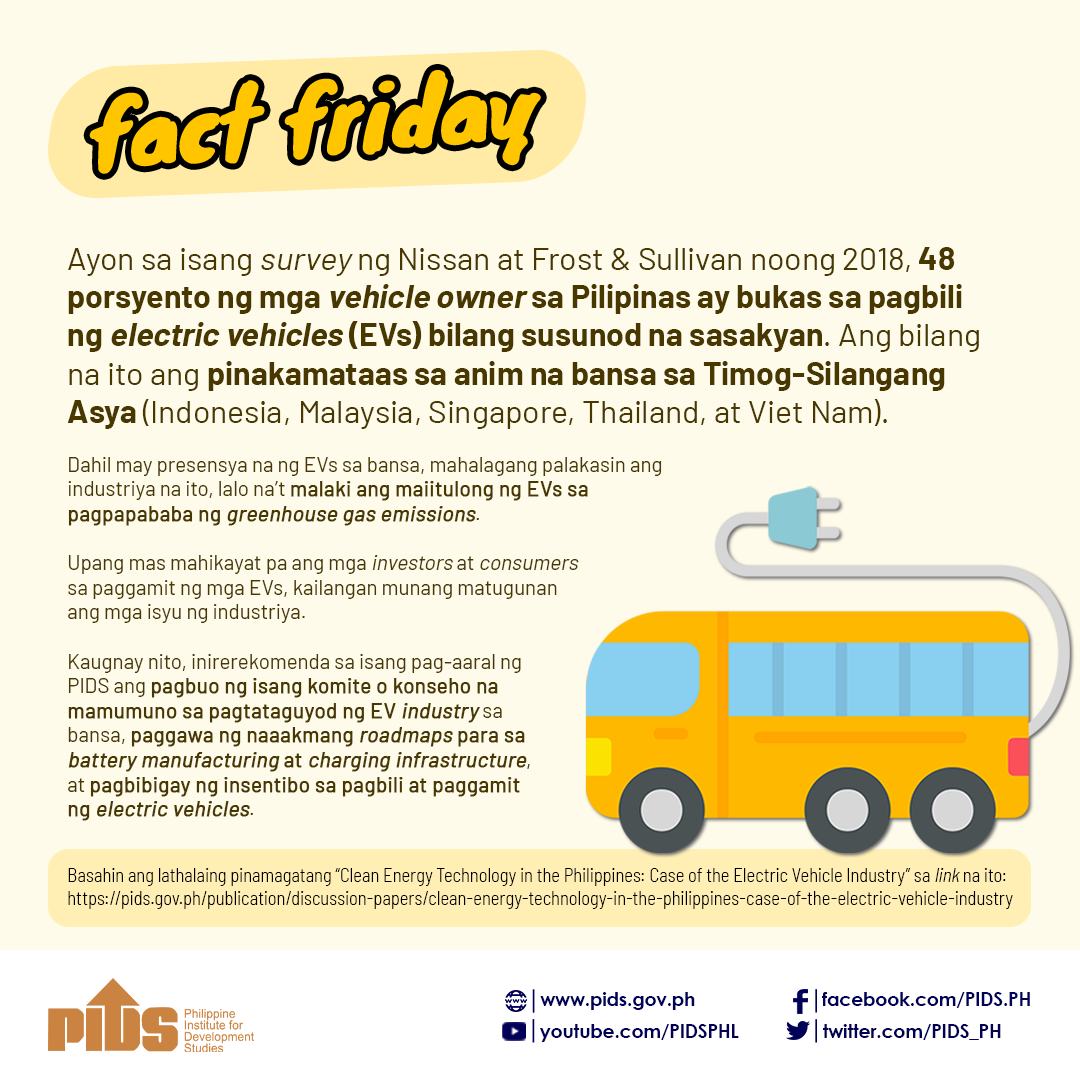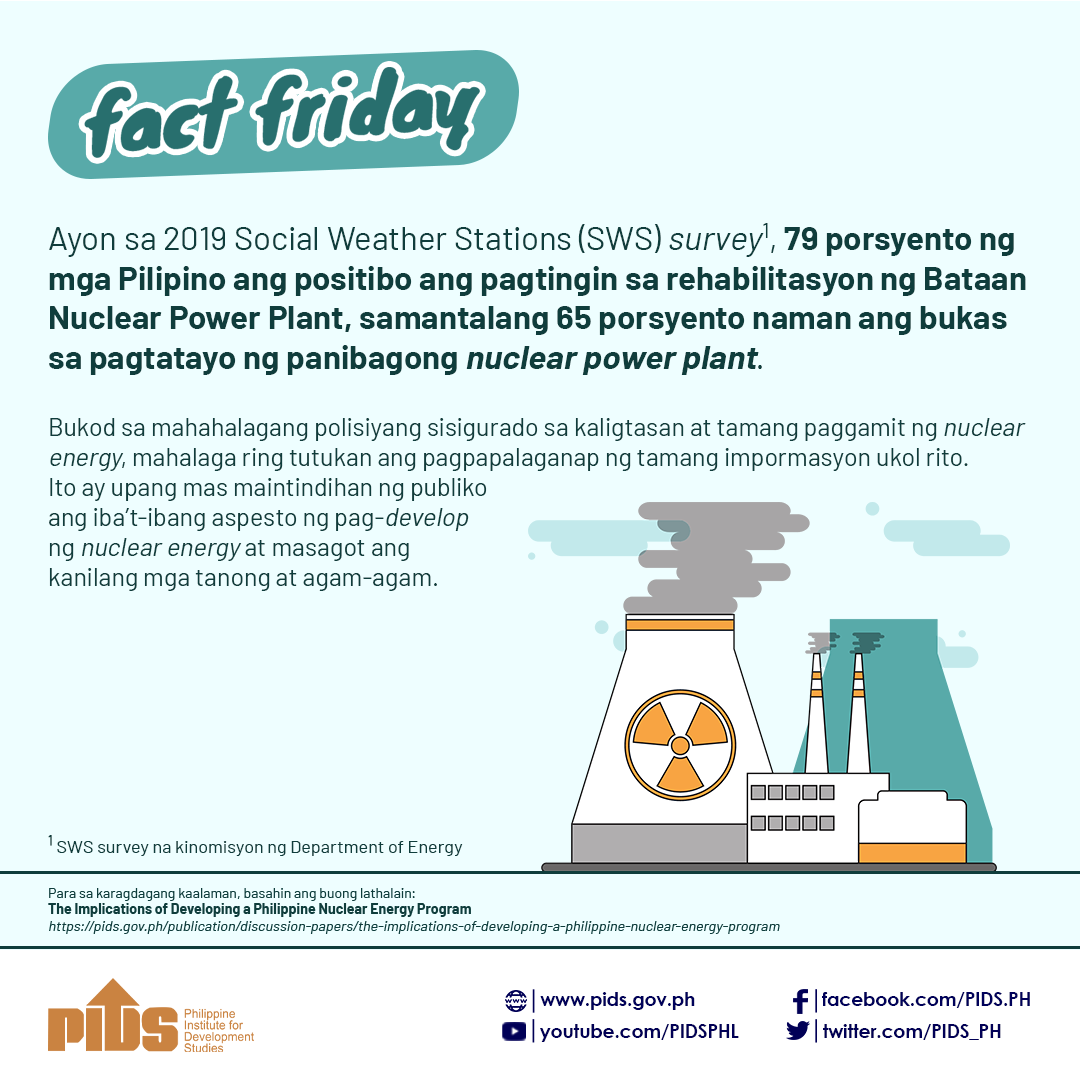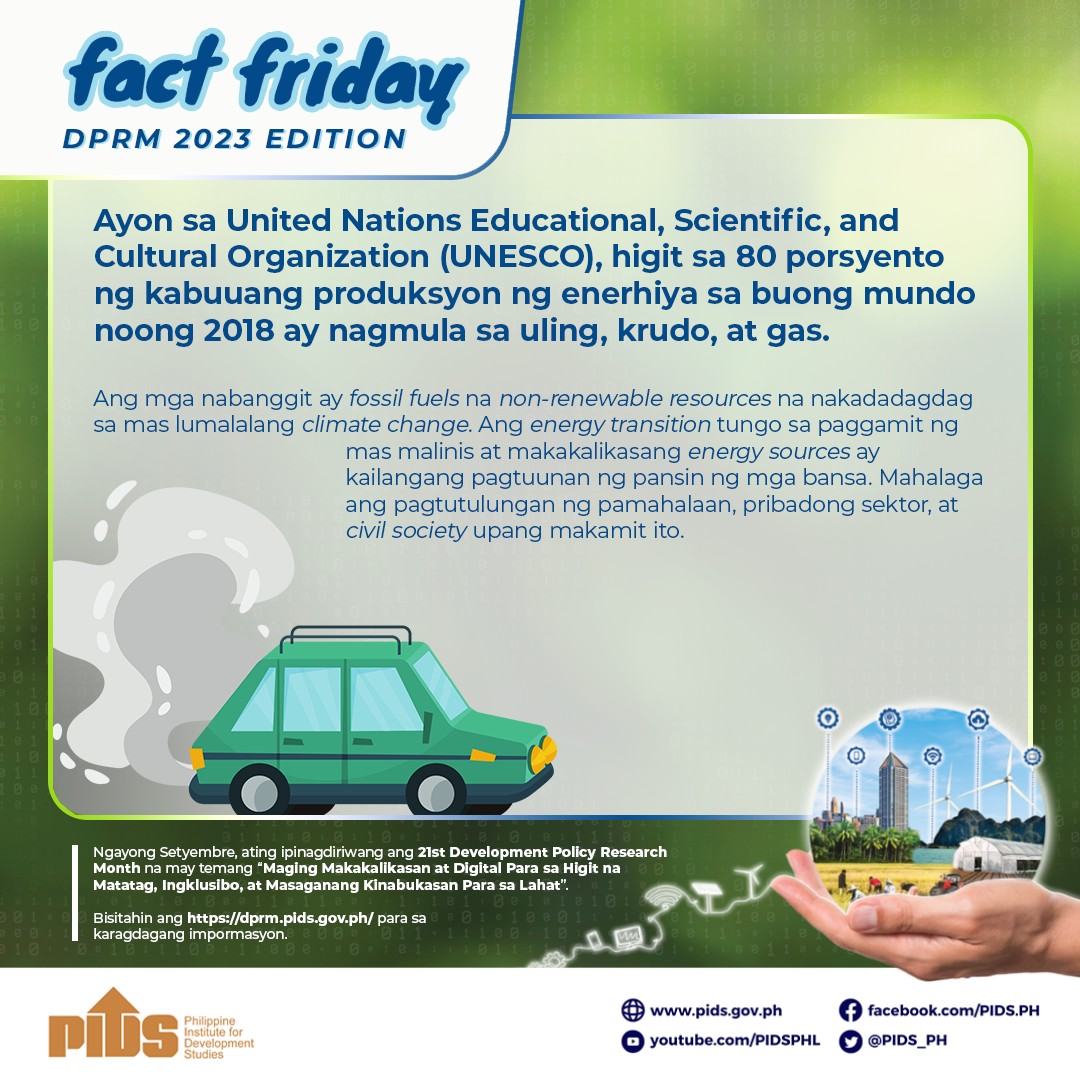Nuclear energy remains a promising option for the Philippines. But as the International Atomic Energy Agency (IAEA) has reiterated, deciding to use nuclear energy is a long-term commitment and one that should consider a time frame of 100 years from construction to decommissioning and waste disposal or storage. Thus, it would do well for the Philippines to follow the IAEA's Milestones Approach and for every government administration to be consistent in seeking progress through this approach. As a demonstration of understanding the commitment involved in nuclear energy development, the positive national position adopted by the Duterte administration may have to be confirmed and reinforced by the Marcos Jr. administration by issuing a fresh mandate to the inter-agency committee for the nuclear energy program and by setting new targets and timetable for the requirements that remain unaddressed. The Philippines also needs to ratify the past international legal instruments it signed. The existing legal framework in the Philippines for nuclear energy development and regulation also needs to be updated. On the Bataan Nuclear Power Plant (BNPP), the decision on whether to rehabilitate it must be guided by project economics. Aside from the huge cost, the biggest hurdle in rehabilitating the BNPP is that the government is no longer allowed under the Electric Power Industry Reform Act to engage in power generation except for missionary electrification. Suppose the project economics of BNPP rehabilitation, or a new nuclear power plant at the same site with flexible dispatchability, would prove that this is worth undertaking. In that case, it is better to attract the private sector to the project economics of it through incentives rather than the government directly making the investments and competing in the generation sector. Lastly, the prospects for nuclear energy development in the Philippines must not only be well argued before policymakers but also be convincingly communicated to the general public.
Comments to this paper are welcome within 60 days from the date of posting. Email publications@pids.gov.ph.
Citations
This publication has been cited 12 times
- BusinessMirror News. 2023. Group says PHL unprepared for nuclear-related dangers. RPN Radio.
- Gozum, Iya. 2023. Nuclear is clean. But can the Philippines handle its risks?. Rappler.
- Jose, Ashley Erika. 2023. Nuclear decision to hinge on economics of BNPP rehab, compliance with safety rules. BusinessWorld.
- Jose, Ashley Erika. 2023. Nuclear decision to hinge on economics of BNPP rehab, compliance with safety rules. Captain of Success.
- Jose, Ashley Erika. 2023. Nuclear planners should prepare for plant life cycles of up to 100 years — PIDS. BusinessWorld.
- Mayuga, Jonathan. 2023. Philippines unprepared for nuclear-related dangers. Antinuclear.
- Ordinario, Cai. 2023. Medium-term plan includes nuke option in energy mix. BusinessMirror.
- Ordinario, Cai. 2023. ‘PHL must reckon with nuclear issue’. Businessmirror.
- Philippine Star. 2023. Government urged to make Philippines’ power infra ‘climate-proof’. Philippine Star.
- Philippine Star. 2023. Government urged to make Philippines’ power infra ‘climate-proof’. Philippine Star.
- Power Philippines News. 2023. Decision on Nuke power depends on economics, compliance with safety rules. Power Philippines News.
- RPN News. 2023. Medium-term plan includes nuke option in energy mix. RPN News.

